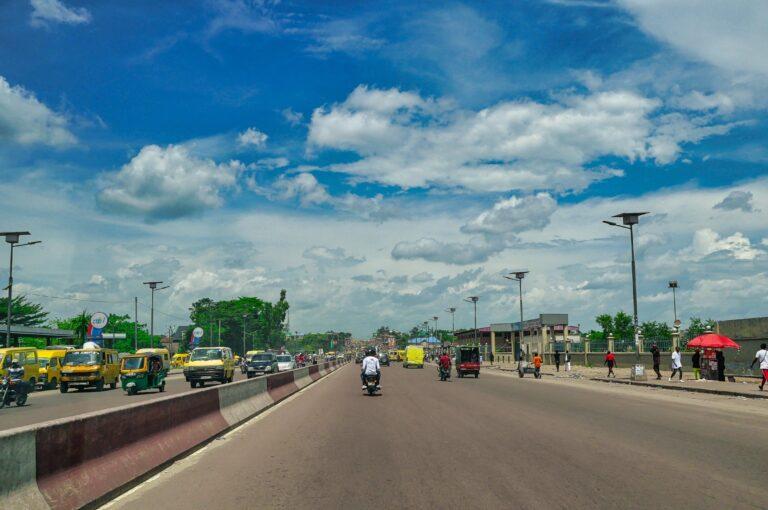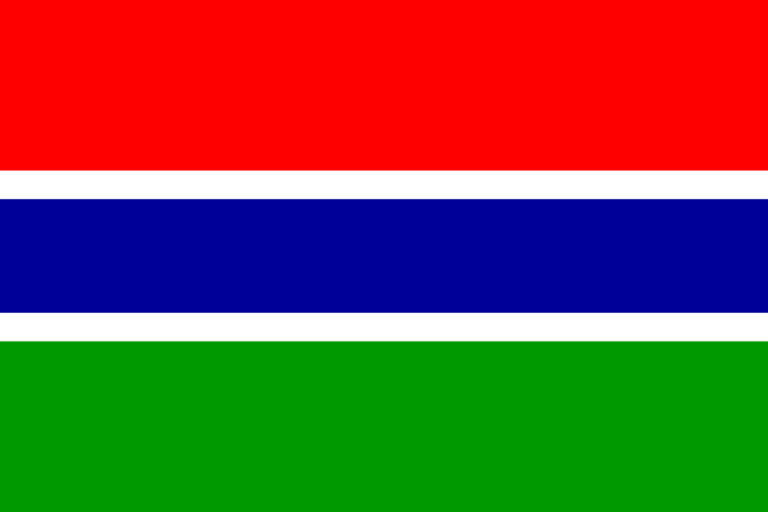Relations between France and Africa need an urgent paradigm shift

A discussion between two French analysts posited the urgent need to re-calibrate the current relationship between Africa and France. The key points of that debate deserve more reflection and praxis. One needs to ponder which new path has the potential to lead to those novel dynamics in the relations between Africa and France.
One thing that must be recognized is that Africa, especially French-speaking Africa, is going through a new period of “decolonization”, following that of the 1960s. France is not wanted in her former colonies, they cry for a break in the relations between them and France and that new period of decolonization has seen a systematic distancing from the former colonial power. It has expressed itself in a rational and scientific way; there is no miracle behind it, and one could see it coming. Certain elements paved the way for that new decolonization which calls for a re-evaluation of relations between Africa and France. The demographic architecture of Africa is the opposite of that of France. While more youthful exuberance is the main trait of the African population of which the vast majority is less than 35 years old, the demographic composition of France is the reverse. Citizens over 35 years old represent the vast majority. That age bracket is synonymous with a more careful approach, a fear of risk-taking; it is a generation that is more “conservative” and less open to change. That difference in the demographic patterns informs the buoyant changes in Africa today, changes that call for a new France-Africa rapport. Social media has contributed to that wind of new dynamics and Francophone Africa’s call for a change could not be muffled. It was loud, emanating from the hearts of concerned citizens, and the call knew what it was aspiring for. One new factor in today’s Africa is that no source is the sole owner of the metanarrative. The youth can verify every utterance and major judgment made or passed by every Western or Western-related source and form their own opinion on what is happening in the world. So, new voices and aspirations are coming from Africa. For a long time, France has not appreciated this, hence, her utter surprise at how Africa-France relations have evolved.
These new connotations in the discourse, as it is understood and evaluated by Africans today, lead us to a situation where the “emotional” occupies a primordial role. Words, sentiments, statements made by the French political elite are carefully dissected by the Africans who, due to their action-orientated posture do not hesitate to embark upon radical and revolutionary movements. That explains the coups and the new diplomatic alliances that have been formed. Each rhetoric has the potential to unleash a gigantic corollary. Nothing is taken at face value as it used to be. That era of the “emotive or emotional” which is justified, to me, is the outcome of actions, decisions and policies that have been built up over decades. What the older African generations have endured cannot be accepted by their children and grandchildren.
When one looks at some of the decisions that the Elysée has taken, at certain moments, many see that France’s attitude has resulted in devastating consequences. A case in point being its response to the applications made by 400 Niger youngsters for visas to study in France. The moment was the climax of the fracas between Niamey and Paris. These youngsters were apparently afraid of the prevailing situation in Niger, and they could have been, according to many analysts, instrumental in the near future in negotiating and constructing the relations between their country and France, after their studies in France. By refusing to grant them visas, France missed a great opportunity.
Still on the migration, immigration and visa case, a crucial change occurred in France under the presidency of Nicholas Sarkozy. Before he was elected president, decisions on entry visas into France were handled by the French Ministry of Foreign Affairs. In other words, allowing people of other nationalities into France was considered a decision that impacted the image of France, in the eyes of the world. Under Sarkozy’s presidency, these measures became the preoccupation of the French Ministry of Interior. That could mean that France is less open to the movement of people between France and the outside world. The primary victims of that measure are the citizens of the Maghreb and sub-Saharan Francophone Africa. That decision snowballed into the decline in the cooperation between France and Africa. The tightening of the entry requirements into France added to the poor reputation of France in terms of freedom of the movement of people and her anti-racism stand.
According to one of the panelists, during the debate I mentioned above, the prevailing global context encourages the building of relationships between geographical areas. Unfortunately, France made a faux pas at that level, too. From 1990 to date, the number of French cooperation workers in Africa declined by 15 per cent. Of course, much was said about the “unhealthy” or secretive spying function of French cooperation in Africa, but certain advantages were acknowledged in the closeness with Africa that led to social-oriented outcomes. Many French cooperation workers and many African students, biracial couples in France, founded families and had children that were French-African. That dynamic has drastically dropped of late and, ironically, France does not draw any benefit from it. The contrast between France and the USA is more striking at this level.
The US seems to know how to use her African diaspora, to her advantage. An example is the role played by the US ambassador to Burkina Faso in the 2014s, when Blaise Compaoré was chased out of power. Ambassador Tulinabo Salama Mushingi is an American of Congolese descent, and many good things are said about his mission in Burkina. Some isolated incidents that could have turned into diplomatic incidents were strategically handled and troubles were then neutralized. Another feather in the ambassador’s cap was in avoiding bloodshed in the rejection of Blaise Compaoré. The US ambassador, a Congolese African, is said to have played an important role in that historic political occurrence in Burkina.
Another error that France made was to confuse hegemony and universalism. Their position as former colonizer or hegemonic power turned at some point into a heavy upper hand. Imposition and intimidation were at the core of the rapport between France and Africa, and the African populations today are calling for a fair partnership, an erasure of double standards in issues like human rights and others. China, Saudi Arabia and other countries should not be exonerated when the juntas in West-Africa are constantly “demonized” as violators of human rights.
These are some of the errors that France committed, and she is now paying the price. The survival and prosperity of France is closely linked to her relationship with Africa. One could even say that access to Africa’s resources is a sine qua non for France’s survival. Political analysts Laurent Bigot and Alain Juillet sum the situation up in the following words: France must re-evaluate or revise her political “software”, the core of the machinery regulating her foreign policy, especially her dealings with Africa.
Moussa Traoré is Professor at the Department of English of the University of Cape Coast, Ghana.







Relevant and interesting uptoday issue. The relations with France and Africa and particularly between France and the juntas ( Mali, Burkina and Niger) really need a new paradigm shift. New and completely reformed biliteral cooperation is to be established between France and each country. If France wants to keep her head above water she needs to accept the new changes as being part of the normal process of decolonization and develop a profoundly new and positive relations with French speaking African countries.
Of curse, France have to re-evaluate and renew his relationship with his anciens coloni.
What a wonderful text, I would like to say that France would avail more if she wanted mutual and equal relationship of business with her former colonies.Instead of being smart she wanted so far to behave as the mother of her former colonies, forgetting that things are changing, the new African generation is awaken and won’t accept to be controlled by whoever.Africa new generation is not against the French rather their policy toward Africa and they will pay cash for it .The big problem is the fact that many French have still not yet anderstood that they must change their old ideas they had about .But France blindness is an asset for Africa to build quickly herself.
I think France needs to realise that Africans are awake now and have started taking charge of their future and fate. How can Africa still be under colonialism in this 21st Century. so sad
The sun is truly rising in Francophone Africa and it would not be long the light would shine in the whole of Africa. The final straw would be when the AU asserts its full powers to save Africa from the apron strings of the colonizers. That day is surely coming!
I am not politically oriented, but this article helped me understand more the relations between Francophone African countries and France. I hope they will find a common ground for mutual benefit of both parties.